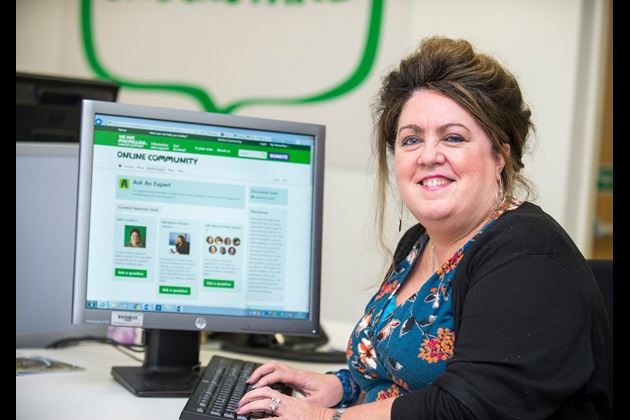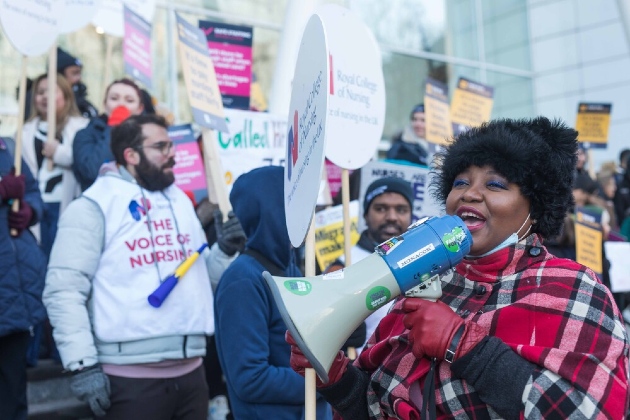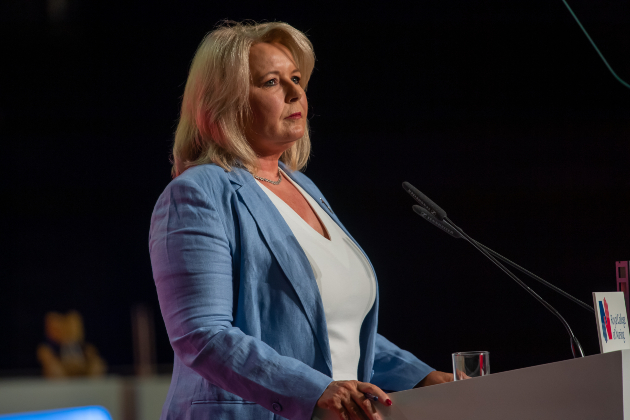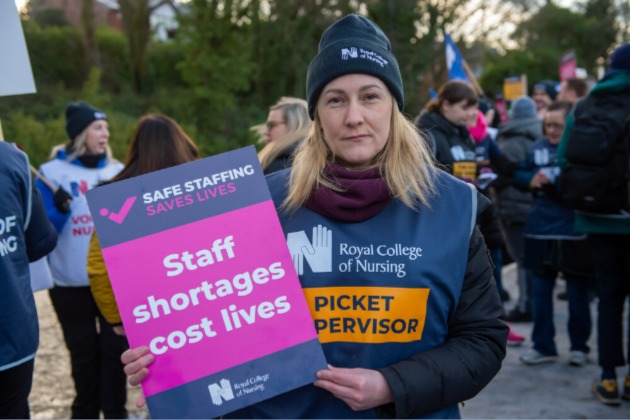Looking up an illness or disease has never been so easy. There are thousands of websites offering information on symptoms, treatments and “cures”.
According to research from Macmillan Cancer Support, 42% of people with cancer have looked up information about their diagnosis online and 6% of those thought they were going to die after doing so.
To help people get the correct information online, the charity has appointed RCN member Ellen McPake as its first digital nurse. It’s her role to combat “fake news”, answer online queries and support patients in getting the most appropriate advice.
“There were times when I was a breast cancer nurse that I thought I had told the patient everything they needed to know. But they would leave hospital, go home and completely forget everything due to being in shock,” says Ellen.
Bogus cures
Previous research has revealed that one in three people say they were in a daze and couldn’t take anything in when they were diagnosed. More than a quarter claim not to have received easy-to-understand written information about their type of cancer.
Turning to unverified medical sites can leave people frightened, at risk of pursuing potentially dangerous bogus cures and underestimating the benefit of routine treatments, says Ellen.
If the cancer is incurable, people look for hope
“We know that people Google their symptoms if they’re stressed,” she says. “If the cancer is incurable, people look for hope. Some have spent a lot of money looking for a cure and been disappointed. Sadly, much of the information online can be misleading, especially in terms of expensive treatments that don’t work.”
One internet search brings up a website which says chemotherapy is a bigger killer than cancer itself while another claims that baking soda can cure breast cancer.
Not just for patients
“As more people seek information about their cancer online, we want them to know that charities like Macmillan are able to offer reliable health advice,” says Ellen. “The idea is to reach as many people as possible. Not everyone wants to pick up the phone, they just want an answer to a quick question.
"Sometimes it’s a relative who wants more information. Often they too are in shock after a cancer diagnosis and they might not be able to get the right answers from their loved one.”
The RCN says…
Ann McMahon, RCN Professional Lead for Cancer and Breast Care Nursing, says: “People have been researching their symptoms online since the internet began, which can be problematic as it can cause anxiety and give false information.
“It’s the job of nurses to debunk online health myths and help put patients’ minds at ease. Ellen’s role will provide reliable advice to help people who need reassurance at a vulnerable and confusing time in their lives.”
Further information
Find out more about the work of the RCN Cancer and Breast Care Forum
Learn more about Macmillan








